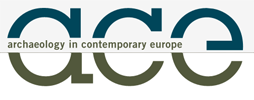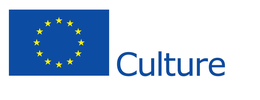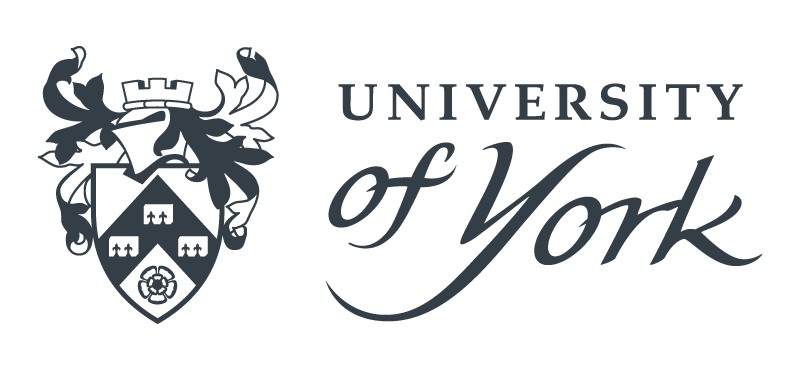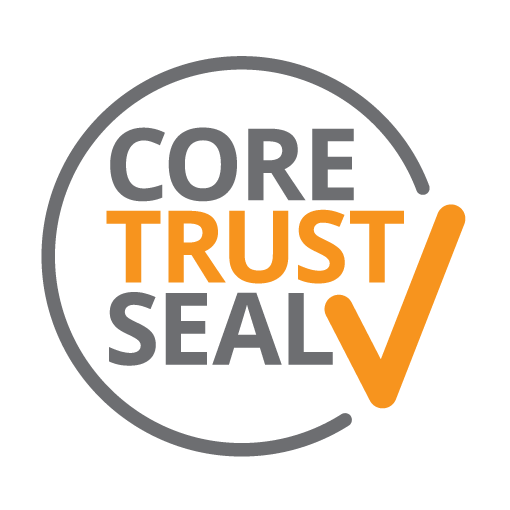ACE Portal for Publications and Outputs
Archaeology in Contemporary Europe Project, 2011. (updated 2013) https://doi.org/10.5284/1018291. How to cite using this DOI
Data copyright © Archaeology in Contemporary Europe Project unless otherwise stated
This work is licensed under the ADS Terms of Use and Access.
Primary contact
Kai
Salas Rossenbach
INRAP
8 Rue de Madrid
75008
Paris
France
Resource identifiers
- ADS Collection: 1073
- DOI:https://doi.org/10.5284/1018291
- How to cite using this DOI
Overview
The ACE Network - Archaeology in Contemporary Europe, Professional Practices and Public Outreach - has been established with the support of the Culture Programme 2007-2013 of the Directorate General for Education and Culture of the European Commission.
The network in composed of 13 partner institutions from all over Europe, including archaeological services, university departments, research institutes and cultural operators from France, Germany, United Kingdom, Italy, Spain, Poland, Belgium, Greece, Netherlands, Lithuania and Hungary.
Coordination
The project-leader, main contractor and coordinator of the ACE network is the Institut national de recherches archéologiques préventives (INRAP), in Paris. Within INRAP, a dedicated coordination team oversees relevant logistical and administrative aspects, provides the network with guidance and assistance in the accomplishment of projects, and facilitates relations with the EC and other bodies. The coordination team also oversees the implementation of the network's programme of activities: scientific assessments, research actions, publications and communications. Composed of Kai Salas Rossenbach and Amala Marx.
Partners in the ACE network undertake research, documentation and related activities along four major thematic axes, each with its various stands and developments:
I - 'Researching the significance of the past';
II - 'Comparative practices in archaeology';
III - 'The archaeological profession';
IV - 'Public outreach: invitations to archaeology'
I - Significance of the Past
Seeks to research and publicise the contributions archaeology can make to the understanding of the past and how its investigations into migration, settlement, ethnicity, acculturation, land use and landscape have contributed to the understanding of evolution, culture and interaction of today's Europe and the construction of cultural and political identities.
By investigating the perceptions of archaeology by the different European societies, cultures and demographics, ACE seeks to discover which aspect of the archaeological discipline these perceptions relate to, be it as a scientific endeavour or as one which encompasses cultural and historical dimensions.
II - Comparative Practices in Archaeology
Archaeologists use a range of methods and procedures to better identify and study the past - from the initial detection of archaeological remains to their excavation and laboratory analyses, and from initial administrative documentation to final report and publications. On all these practices, comparative 'state of the art' appraisals make it possible to share skills and expertise, and provide guidance and recommendations.
Among the outcomes of these activities will be a 'state of the art' document on archaeological practices in Europe today, including practical examples. The work on European wide data management, coordinated by ADS York, will lead to recommendations on a European-wide approach, while the analysis of European archaeology and international development will be steered by the Leiden partner.
III - The Archaeological Profession
The upsurge in archaeological activities across Europe has changed the status and responsibilities of professionals within the archaeological community. Such transformations have important implications in social, economic, educational and scientific terms. Three areas are relevant:
Identifying the archaeologists of Europe - quantitative aspects. Comparable data is sought across Europe on who counts as an archaeologist in each country (institution), with what diplomas, specialisations and employments, as well as the numbers of archaeologists per surface, GDP, sites, and volume of infrastructure activities.
Identifying the archaeologists of Europe - qualitative aspects. The scientific, socio-economic and professional standing of archaeologists in Europe is researched: professional and ethical codes, definitions of good practice, responsibilities vis a vis the relevant authorities, local communities, developers and funders etc.
Professional training. The relevance of university education to the current conditions and needs of contemporary archaeology is assessed, The 'professional' teaching proposed in Europe is appraised, strengths and experiences shared, and e-learning teaching module elaborated.
Coordinated by INCIPIT (CSIC) and INRAP, work on identifying the archaeologists of Europe will lead to a database and synthetic publication on a European-wide basis. A working on the teaching of archaeology at university level will be steered by the Institute of prehistory, Adam Mickiewicz University in Poznan and other members of the network, who will design an E-teaching module
Public Outreach; Invitations to Archaeology
Recognising the importance of communication and valorisation for a better awareness of the past, and considering the many commonplaces beliefs that circulate about archaeologists and their profession, several outreach activities are planned, designed to reach the different publics of archaeology.
- Publications on the archaeology of Europe, to appear in French, English, German and other languages.
- European-wide exhibitions on relevant aspects of the past, including site panels to ensure high visibility, on the main results of the ACE networks.
- Support for an archaeological film festival.
- Specific activities and publications for children.
- Increase interest in archaeology among other professional bodies, such as planners, urban architects.






